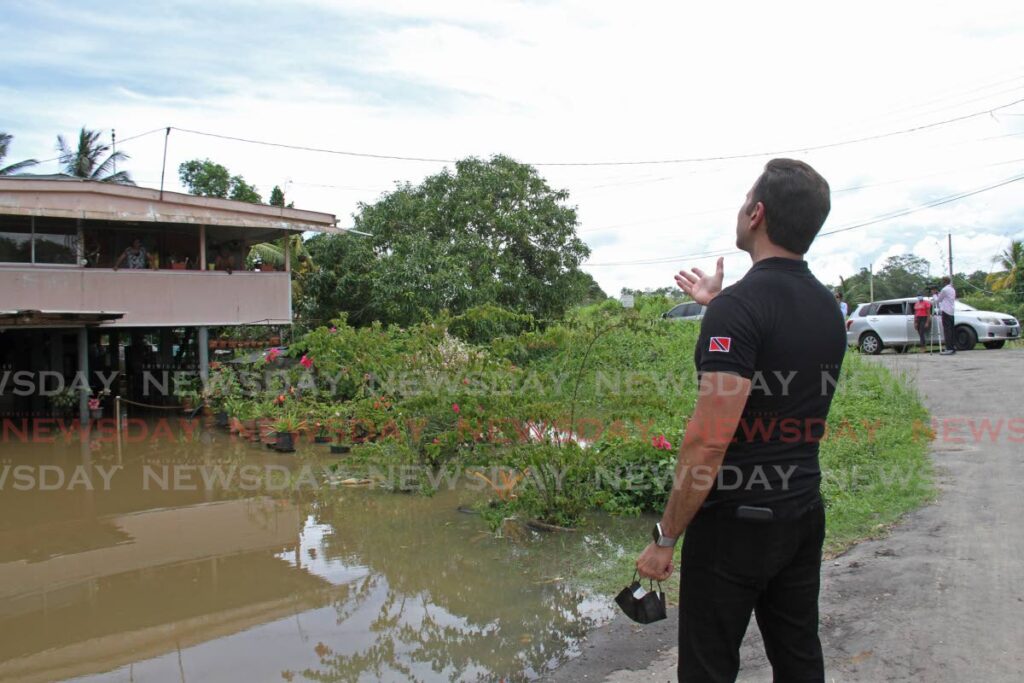A year in politics may be a short time

The opposition UNC and National Transformation Alliance political leader Gary Griffith have both dismissed the government’s decision to extend the life of local government officials by a year as an act of desperation.
It’s a fair challenge to a government experiencing a slide in popularity, but the reasons advanced by Local Government Minister Faris Al-Rawi have their own merit.
In stretching the constitutionally mandated election date beyond the normal three-month window, from December 3, 2022 to December 3, 2023, Mr Al-Rawi is also asking for an opportunity to deliver long-overdue local-government reform.
In that time, he hopes to build the legal and administrative underpinning that will transform regional governance from a part-time job to a professional one that will change how the country is managed.
That’s one of two particularly important elements of this change. Elected local government officials will no longer be asked to do the job as a side-hustle, but will be expected to accept a full-time role as representatives of their constituents.
Regional corporations will also, he says, receive more realistic subventions from the central government to manage those regions.
There is much work to be done to make this happen even by the end of 2023, and opposition political forces should insist on a hard commitment from Mr Al-Rawi to making these reforms reality.
Mr Al-Rawi must outline an understandable step-by-step plan for these sweeping reforms. No such plan is available now, and in that gap of understanding, there is too much room to politicise the process.
But outlining the potential for local-government reform in an accessible way to the general public will be necessary if the government hopes to implement the property tax. It’s property-tax revenue, says Mr Al-Rawi, that will fund the payments to local government for effective regional infrastructure management.
Forging a relationship between property-tax collection and improving the work of regional corporations on roads, garbage collection and the many other functions they supposedly oversee is something every political party should endorse and support.
But there no doubt remains suspicion that the plan to delink party politics and local-government funding is simply a way to push through the property-tax legislation and defang the opposition to it.
Yet this is also an obvious way to end the continual wrangling over the amounts and regularity of payments to regional corporations. Those not held by the party in control of the central government have perennially lamented that they are routinely, deliberately starved of funds, and thus appear ineffectual and inert.
To change this may put the ruling party at a disadvantage, not parties in opposition.
The only answer is a transparent, legislated system of financial allocations and accountability that both puts power in the hands of regional corporations and hence empowers the electorate to demand performance from those regional officials.


Comments
"A year in politics may be a short time"